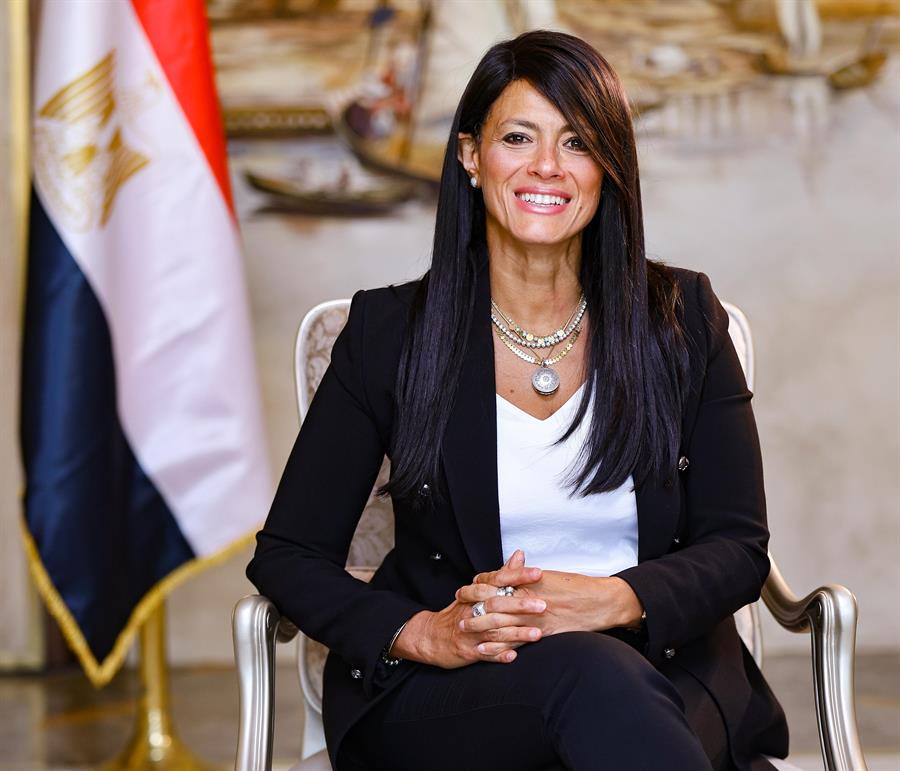Ministers of <<Planning, Economic Development, and International Cooperation>> and <<Finance>> Review Efforts to Resolve Financial Entanglements Between the National Investment Bank and the National Post Authority
11 September 2024
H.E. Dr. Rania A. Al-Mashat,
Minister of Planning, Economic Development, and International Cooperation, met
with Mr. Ahmed Kouchouk, Minister of Finance, at the Ministry's headquarters in
the New Administrative Capital.
The ministers discussed the
progress of measures to resolve financial entanglements between the National
Investment Bank (NIB) and the National Post Authority “Egypt Post”. This is
part of the government’s efforts to address financial entanglements between
various government entities and to enhance the role of the NIB as a key economic and investment arm of the
state, vital for supporting development efforts.
The meeting was attended by, Mr.
Ashraf Negm, Vice Chairman and Managing Director of the NIB; Dr. Dalia Mostafa,
NIB’s Assistant Managing Director for Investment and Resources; from the
Ministry of Finance, Dr. Ahmed Samir, Head of the Infrastructure Budgets and
Economic Affairs Sector; Mr. Magdy Mahfouz, Head of the Financing Sector; and
Mr. Abu Bakr Abdel Hamid, Advisor to the Minister of Finance for Finance. And
from the National Post Authority, Mr. Abdo Elwan, Acting Chairman of Egypt
Post; Mr. Khaled Emam, Vice Chairman for Financial Inclusion; Mr. Mohamed Abu
Ayad, Assistant Chairman for Investment and Treasury; and Mr. Mohamed Aboud,
Legal Advisor to the Authority, also participated.
The ministers reaffirmed their
commitment to intensify consultations among the various relevant entities and
to expedite measures aimed at resolving the financial entanglements between the
National Post Authority and the NIB. This effort is expected to have
significant benefits for the national economy, in line with the directives
of Prime Minister, H.E. Dr. Mostafa
Madbouly.
They highlighted the importance
of the steps being taken to resolve financial entanglements between government
entities, which provide reassurance to the business community, enhance the
financial efficiency of these entities, and positively impact various sectors
of the national economy.
It is worth noting that the
government has made considerable efforts to address the entanglements between
the NIB and other national entities, which has led to the settlement of social
insurance debts and the signing of a protocol regarding the mechanism for
resolving financial entanglements between the NIB and the National Bank of
Egypt.









